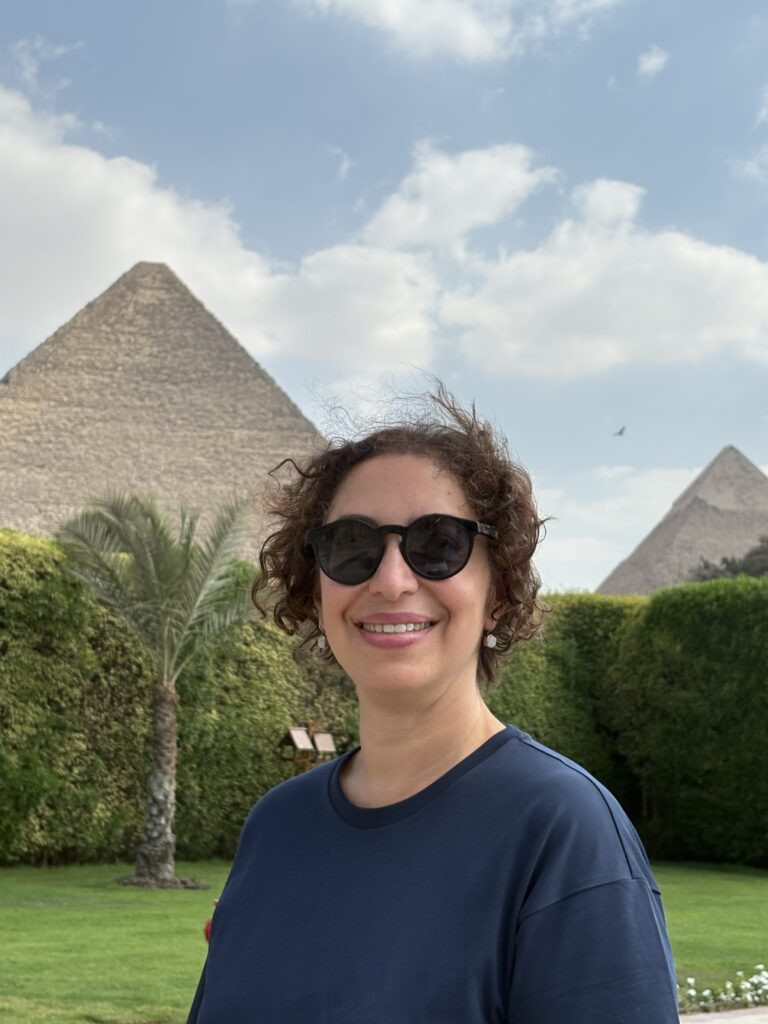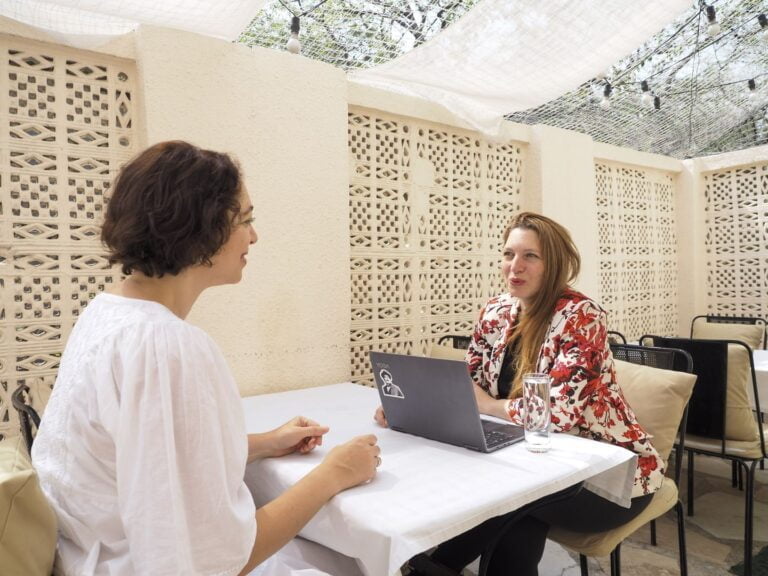Around the globe, we are seeing a huge push towards going digital, especially in areas like public finance. Being able to access the right information is crucial when comes to preparing and executing sound budgets.
To this end, the World Bank is financing a project aiming at digitalizing and decentralizing public finance in the Central African Republic (CAR). Earlier this year, I joined the 2AC team in charge of supporting the project and launching its change management aspect.
2AC is an accounting firm with extensive experience in auditing and public finance. For this project, 2AC partnered with consulting firm Afrika Consult, whose manager’s expertise was instrumental to efficiently engage with local contacts and authorities. In parallel, 2AC’s technical team evaluated the performance of the digitalization software by conducting a thorough assessment of its equipment and usage.
Providing a solid software and required trainings are a prerequisite for any successful digitalization project. However, by themselves, they may not be enough.
Going digital is a big change — and any big change inevitably meets with resistance. There is a feeling of uncertainty and hesitation, which is completely natural. Raising awareness about change and overcoming resistance among key users is vital to creating engagement and bringing the digitalization dream to life.
This is where my role as a coach became relevant. As part of the change management team, I was on mission in Bangui (the capital of the CAR) for two weeks this summer. During this time, I coached the digitalization project team, including the project manager and coordinator, to identify key stakeholders across ministries, departments and agencies as well as with oversight entities. We also explored and analysed the best strategies to approach and engage with these stakeholders.
Following this, I had several group coaching engagements with the stakeholders, including ministry officials, civil servants and executives. My goal here was to support them in adapting to the big changes on the horizon. Coaching helped them identify potential roadblocks, non-technical drivers — and feasible beneficiary centric solutions .
As we gathered detailed feedback, they felt heard and knew their concerns were being taken into account. Crucially, we learned that some of the resistance to change was being triggered by obstacles encountered during software implementation. To overcome these obstacles, mainly non-technical drivers, we discussed and identified a set of strategies, including the creation of software “quick guides” and more targeted trainings.
Additionally, I asked stakeholders targeted open questions and guided them through conversations about what is positive and possible. Together, we explored upcoming milestones to get excited about. We also decided on immediate actions to anchor the project and ensure its success.
On a personal level, I was thrilled to experience, once again, the deep and versatile value of coaching. This project re-confirmed to me that coaching is beneficial to any organization, including the public sector and development projects.
As my challenging yet rewarding mission in the CAR came to an end, I felt a brimming sense of optimism. I am hopeful that the digitalization project will yield various benefits such as increased efficiency, speed and transparency in public finance.


